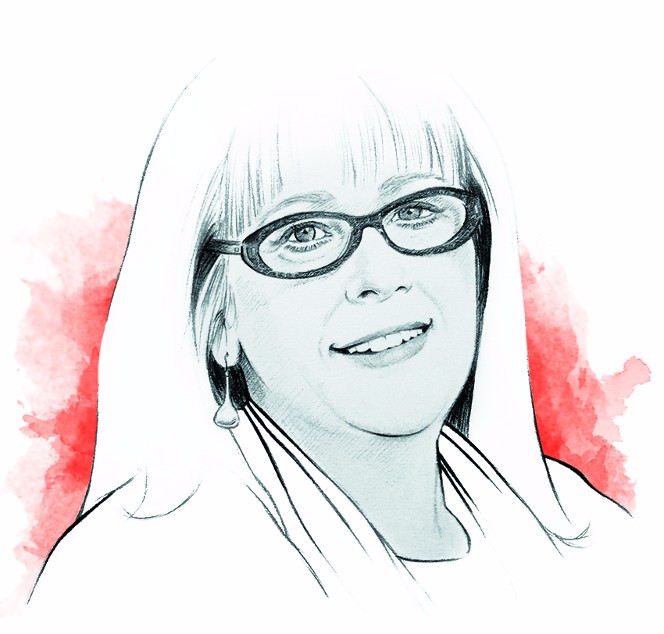Successful sports coaching is based on encouraging belief and creating an endless will to improve. Management would benefit from similar
[button type=”large” color=”black” rounded=”1″ link=”https://issuu.com/revistabibliodiversidad/docs/dialogue_q4_2016_print_proof__cropp/31″ ]READ THE FULL GRAPHIC VERSION[/button]
We have just enjoyed another great sporting summer, and leaders can gain significant insights from the sporting approach and some of its underlying theories. The word ‘coach’ has been used in sports for the past 200 years, but it is only since the 1980s that coaching has been recognized as a powerful leadership development intervention.
Identifying the elements of performance you can control – and setting out to control them – is a useful lesson. In 2001 Jim Loehr and Tony Schwartz offered advice on developing what they termed “corporate athletes”, which identified how the physical, emotional, mental, and spiritual wellbeing of a leader all contribute to optimum performance. Terry Orlick’s Wheel of Excellence, introduced in 2008, emphasized the importance of focus and its constituent parts. Focus resonates particularly well today, with increasing demands being made for leaders’ attention.
Mindfulness training has emerged as one response. Mental toughness is considered by many to be key to excellence in sport and is also gaining increasing attention from the world of work.
Notions of fair play are as old as sport itself – and ‘cheating’ is universally condemned. Authentic leadership not only requires knowledge and articulation of one’s own values but also the ethical principles that guide leadership behaviour. If the decisions of leaders were subject to similar transparency tests such as replays and video referees, would their decisions stand up to such scrutiny?
Leaders in sport work closely with their athletes to develop the capability of each individual and ensure individuals collectively form a high-performing team. Leaders need to establish strong relationships with players to support them in realizing their full potential, a part of corporate leadership that is sometimes overlooked. Organizational leaders should emulate such practices. Like a sports coach who monitors every aspect of performance from diet to fitness, seeking any possible area for improvement, leaders should understand what motivates each and every team member, and appreciate that individual talent needs to be nurtured, but never to the detriment of overall team performance.
Self-confidence is crucial to elite performance. Carol Dweck at Stanford University linked this to what she terms a “growth mindset”. Such a mindset values effort above all, is less constrained by notions of talent – and seeks learning opportunities, even if they reveal shortcomings. The director of athletics at Ryerson University, Ivan Joseph, rates the ability to believe that you can accomplish any task more highly than athletic prowess.
Training and constant improvement are also fundamental to sports performance. Eddie Jones, the coach of the England men’s rugby team, who led his team to a 3-0 series win in Australia this year, knows this: “Each player that comes come to training has to have the intent to improve,” he says.
Transference from track and field to the office has its limitations, however. Scores provide opportunities for immediate feedback on performance and also give clarity to goal-setting. There are rules and, should confusion arise, umpires and referees may be appealed to for instant clarification. And unlike today’s managers and leaders, who may have many years of organizational life ahead of them, elite athletes have only a short time to achieve optimum results, which concentrates focus. Plus, athletes spend far more time getting ready to perform than they do actually performing.
But the key lessons that transfer well for the leaders of organizations are the serious and focused attention they give to all aspects of performance: the importance of effort and the imperative to keep learning and improving.
Kate Cooper is head of research, policy and standards at the institute of leadership & management

